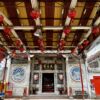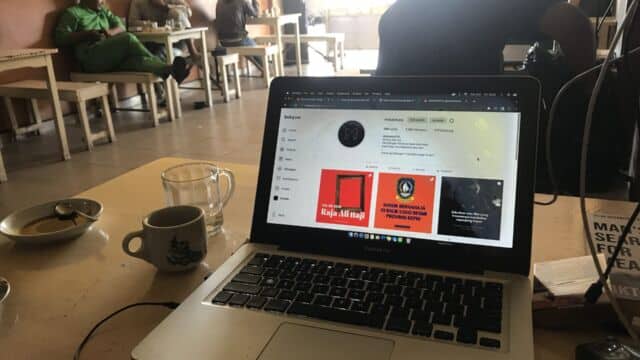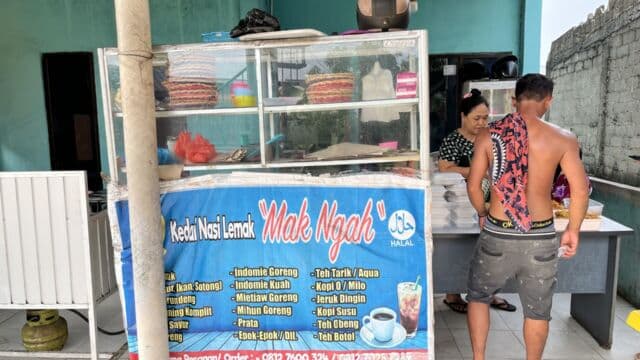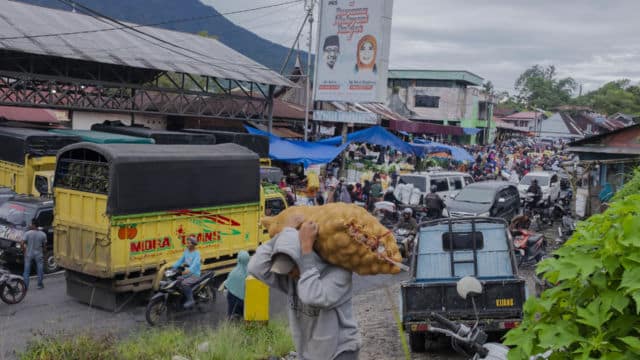Don’t Get Tricked on Lake Kerinci
Photo: Agung Hendri/Unsplash
A lake in Jambi, Indonesia | 2,000 words
Translated from Bahasa Indonesia by Sarah Leys
When I’m preparing to depart Bangko, the town I live in now, to visit my home village in Kerinci, I think about the thing I most miss about my destination: hearing my grandmother’s never-ending supply of stories.
Grandmother will tell stories at the dinner table or while strolling towards the musalla at prayer-times. If there’s an opportunity, grandmother will start a story as the two of us are walking along the edge of the forest, which begins about two kilometers from where the village houses peter out, a place where we can find all different types of plants, including the kabau tree, whose fruit we often take to grind into sambal chilli paste.
This village in Kerinci where grandmother still lives in her small house is called Tanjung Pauh Hilir. In the past, getting there meant travelling along a twisting narrow road amid the foothills of mountains, but now the road there is mostly wide and straight, though it still has the old elevations and descents.
My grandmother’s stories deal with history – like the Dutch and Japanese colonizations, with Holland exploiting our natural resources, coffee, tea, and the rest, and Japan leaving behind irrigation systems and dams, though achieved by such cruel methods. But also myths – from Arab travelers shrewd at using magic brooms to make objects small or large disappear, to an old lady fortune-teller leading astray those who harbor evil intentions.
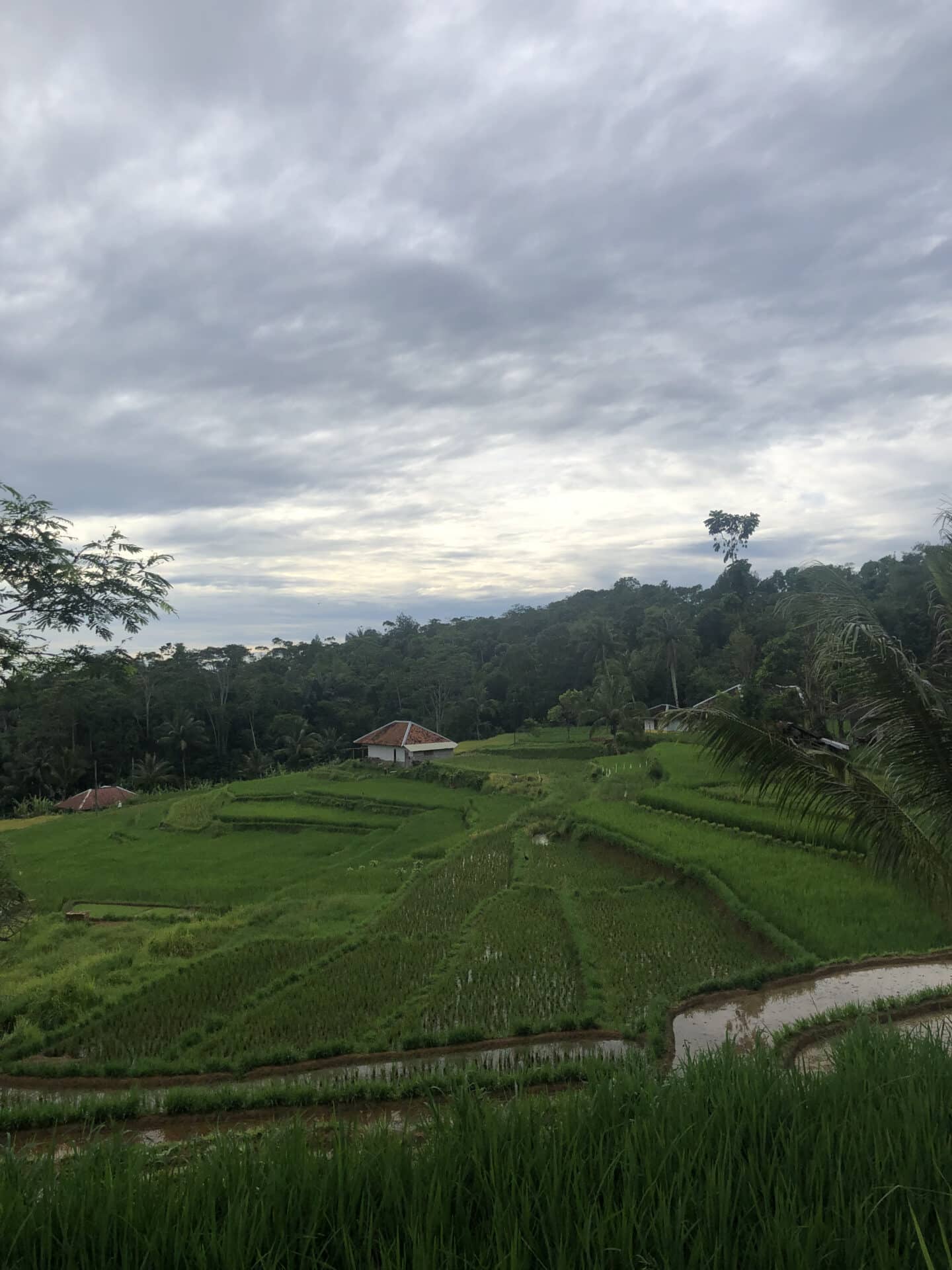
Since about 2013, lots of the mountains and hills around here have been cleaved apart to make way for new faster roads. After that, tigers and other wild animals began appearing in human settlements here more often – but they didn’t constitute a disturbance. That’s because the people of Kerinci, or those among them who still uphold traditional beliefs, have a relationship with the animals grounded in rites and rituals. Namely, they believe tigers are their ancestors. When a tiger appears, most Kerinci people respond by saying special prayers and feeling happy, as if at an unexpected but welcome meeting.

-custom_crop.jpg)
